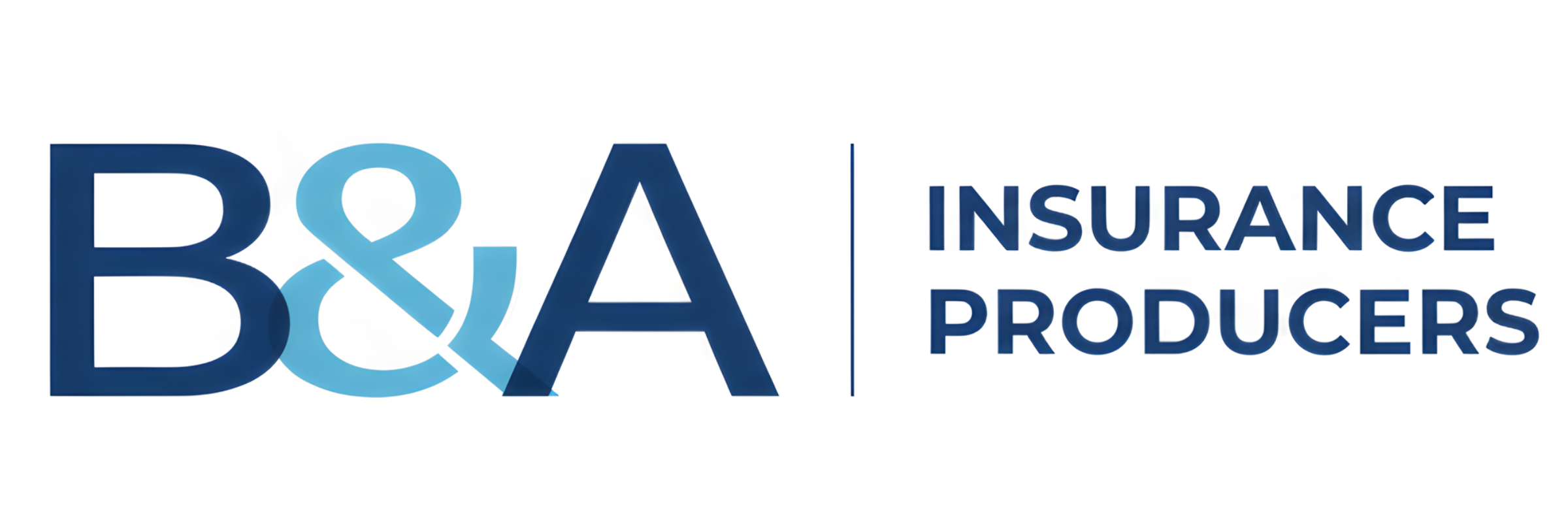Life is full of surprises, some exciting, others costly. Whether you’re protecting your family, property, or business, taking steps to manage risk is crucial. One of the most effective tools for doing so is insurance.
At Bowthorpe Insurance, we help individuals and businesses understand their exposure to risk and develop comprehensive plans to reduce it. This guide will walk you through the concept of risk mitigation in insurance and how you can use it to strengthen your financial future.
What Is Risk Mitigation in Insurance?
Risk mitigation involves identifying potential threats and taking action to reduce their likelihood or impact. While you can’t eliminate every risk, you can soften the blow through preparation and protection especially with the right insurance policies in place.
Insurance functions as your financial safety net. It doesn’t prevent accidents, disasters, or legal issues, but it helps you recover without losing everything you’ve worked hard to build.
A Changing Landscape of Risks
The threats we face today are more complex than ever. Technological innovation, environmental shifts, and global economic uncertainty all contribute to an evolving risk environment.
Technology-Driven Threats
Cyberattacks are no longer rare or limited to big corporations. Individuals and small businesses alike are vulnerable to data breaches and digital fraud. Cyber liability insurance has become increasingly important in addressing this growing threat.
Environmental and Operational Challenges
From extreme weather to aging infrastructure and mechanical failures, everyday operations can be disrupted in costly ways. Floods, fires, and equipment breakdowns are just a few examples of risks that need to be considered, especially for those managing properties or running a business.
Financial Pressures
Rising living costs and economic volatility can create financial stress. Unexpected job losses, liability claims, or health issues can quickly derail your financial plans if you’re not adequately insured.
How Bowthorpe Insurance Helps You Manage Risk
We don’t believe in one-size-fits-all coverage. Instead, we work closely with clients to understand their unique concerns and create customized strategies to mitigate them.
Personalized Risk Assessments
Our advisors review your lifestyle, assets, and financial goals to identify coverage gaps. Whether you’re safeguarding your home, investments, or business, we help ensure no detail is overlooked.
Smart, Layered Protection
Your coverage might include:
-
Homeowners or renters insurance for property protection
-
Business insurance for continuity during disruptions
-
Cyber insurance to address digital threats
-
Life and disability insurance for long-term stability
-
Umbrella policies to extend liability coverage beyond standard limits
Routine Policy Reviews
Life changes fast, and your coverage should keep up. We recommend reviewing policies annually or after major changes like a new job, home purchase, business expansion, or growing family.
Strategies for Effective Risk Management
Insurance is a powerful tool, but it works best as part of a broader plan. Here are some practical strategies to improve your overall risk resilience:
-
Use smart technology for security and damage prevention
-
Train employees on safety and cybersecurity practices
-
Maintain financial records and emergency fund
-
Establish clear communication protocols during a crisis
-
Regularly back up important data and documents
These steps can help minimize damage and speed up recovery when problems arise.
Why Proactivity Pays Off
A well-insured family or business can weather a storm much faster than one that’s unprepared. Consider a business with business interruption insurance that continues to generate income after a fire versus one that struggles to survive because it lacked coverage.
On the personal side, a homeowner with flood insurance will have support repairing their property, while someone without it may face devastating out-of-pocket costs. Being proactive helps avoid situations where a lack of preparation leads to long-term setbacks.
Creating a Risk-Smart Culture
It’s not just about the policies it’s about mindset. Encourage everyone in your home or organization to think critically about risk. This could mean conducting safety drills, investing in training, or encouraging open discussions about vulnerabilities and how to address them.
Regular team education sessions on new threats and protocols can foster a culture of vigilance and responsibility. The goal is not fear, but empowerment.
Learning from Real Events
Global events like the COVID-19 pandemic revealed just how unprepared many people and businesses were. Those who had backup plans, insurance coverage, and cash reserves were in a far better position to recover quickly.
Similarly, businesses affected by natural disasters or cyber breaches often point to strong risk management strategies as the reason they stayed afloat. Learning from these examples underscores the importance of having an adaptable, well-informed approach.
Key Takeaway
Risk mitigation is about more than avoiding problems; it’s about being ready when they arrive. Insurance gives you the tools to recover, but proactive planning gives you the confidence to keep moving forward.
Bowthorpe Insurance offers the guidance, products, and expertise to help you build lasting protection. Whether you’re safeguarding your home, business, or family’s future, we’re here to help you stay prepared, no matter what comes your way.
Visit BowthorpeInsurance.com today to get started on your custom risk mitigation strategy.
FAQ: Risk Mitigation and Insurance
Q: What is risk mitigation in insurance?
A: It refers to steps you take to reduce or manage the impact of unexpected events. This includes choosing the right coverage, assessing vulnerabilities, and implementing safety protocols.
Q: How do I know if I’m properly insured?
A: Review your current policies in the context of your assets, responsibilities, and goals. Bowthorpe Insurance can help identify any gaps and make recommendations based on your needs.
Q: Is cyber liability insurance necessary for small businesses?
A: Yes. Small businesses are frequently targeted by cybercriminals, and a data breach can be both financially and legally devastating. Cyber coverage offers protection and peace of mind.
Q: How often should I review my insurance policies?
A: At least once a year or after any major life or business change. Regular reviews ensure your coverage reflects your current circumstances.
Q: What’s the difference between being insured and being fully protected?
A: Having insurance is one step. Being fully protected means you have the right types and amounts of coverage for your specific risks and that you’ve backed them up with other risk management strategies.

